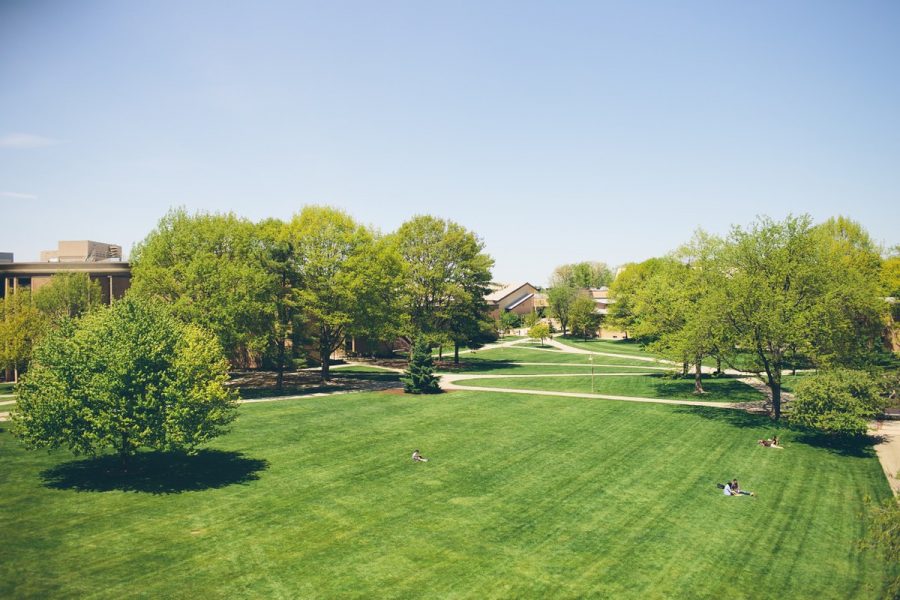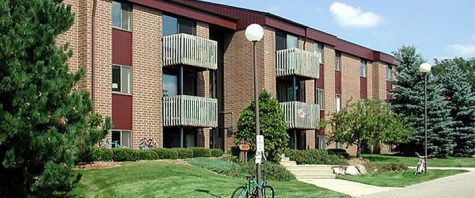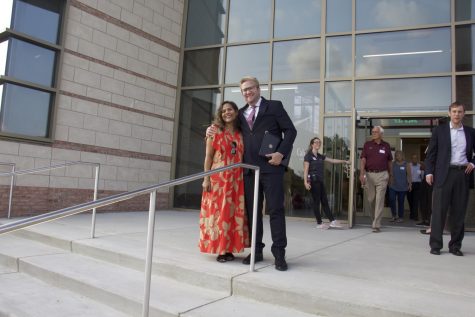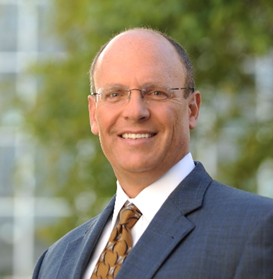Calvin prepares documents on politics ahead 2020 elections
Calvin allows political candidates to speak on campus for educational events.
As the United States heads into a contentious presidential election in 2020, Calvin is preparing for potential conflicts that may arise. A chartered task force of administrators, faculty and staff created a new document called “Freedom of Expression at Calvin University,” which creates a framework for civil discourse and handling controversies with freedom of speech on campus. A different committee updated the document titled “Policy for Hosting Political Candidates or Issue Advocates.” It sets out rules for when politicians and political candidates can hold an event on campus.
Political science professor Micah Watson, a member of the Freedom of Expression Task Force, characterized “Freedom of Expression at Calvin University” as mostly a formalization of unofficial policies that were already in place, although the document itself is completely new.
In a separate process this fall that shared the tacit goal of preparing the university for a heated 2020 presidential election, another document titled “Policy for Hosting Political Candidates or Issue Advocates” was updated. The revisions are intended to clarify the criteria for having a politician on campus.
Under the long-standing rules, which were not changed by the revisions, politicians and political candidates are allowed on campus for educational events, but not campaign rallies. Watson also explained that the college has every right to turn down a speaker that they deem inappropriate.
“We can say no,” he said. “There’s no right to come on to campus.”
The Freedom of Expression & Civil Discourse Working Group was created in the summer of 2019 and chaired by Vice President Sarah Visser. The group had a mandate to “devise a recommendation for a campus document that will foster both individual freedom of expression and an expectation of civility and personal safety.” The resulting document contained an outline of Calvin’s policies on speech and expression, and a list of FAQs designed to clarify specific guidelines for various areas of campus. A few things addressed in the FAQs included freedom of speech in residence halls and online, as well as instructions on how to report incidents of harassment and a policy against hate speech.
“Calvin… wanted to be proactive and figure out how we wanted to balance the different goods,” said Watson, referring to how both free speech and a safe environment are goals desired by Calvin.
An important theme of the document was the concept of balancing freedom of speech with the maintenance of a safe campus environment. The document explains how Calvin uses the idea of “brave spaces.”
“A brave space is one that encourages dialogue,” the document reads, adding that it includes open discussion of sometimes opposing ideas with civility, respect and no personal attacks.
“Part of the purpose of college or university is to think about different ideas. We respect our students (and our staff and faculty) as adults who can engage, and we are learning to engage even in uncomfortable situations,” Watson said. “At the same time… we know people are fallen and that sometimes we don’t do a great job disagreeing well. So we are trying to value that free expression and exploration of ideas… without giving a green light to this Wild West, take-no-prisoners approach to talking to each other.”
The updated “Policy for Hosting Political Candidates or Issue Advocates” lays out the process and rules for politicians on campus. In an email to Chimes, Provost Cheryl Brandsen explained the process Calvin takes when evaluating potential political guests.
“If a political candidate reaches out to a faculty member/department in hopes of hosting an event, the department would have to vet the proposal using the various criteria set forth in the policy document (e.g., is this an educational event?) before issuing a formal invitation,” wrote Brandsen.
She explained that the other people involved in the decision would be academic deans and possibly her office and the president’s cabinet. “The key factor here is that we are not a partisan school,” said Watson. “We are a Christian institution, not a Republican or Democrat institution.”








